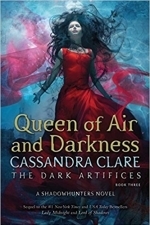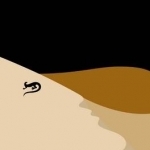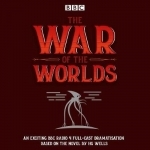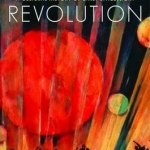
Queen of Air and Darkness: The Dark Artifices
Book
Dark secrets and forbidden love threaten the very survival of the Shadowhunters in Cassandra...
fiction young adult

Portrait of a Family with a Fat Daughter
Book
It has been a long while in Italian fiction since such an authentic and engaging voice has...

All the Light We Cannot See
Book
A beautiful, stunningly ambitious novel about a blind French girl and a German boy whose paths...
History WWII Fiction

Point Omega
Book
'Point Omega is a treat: the most satisfying and least cryptic of DeLillo's late novels' Sunday...

The President's Gardens
Muhsin Al-Ramli and Luke Leafgren
Book
One Hundred Years of Solitude meets The Kite Runner in Saddam Hussein's Iraq. "A contemporary...

The Selected Works of H.G. Wells
Book
H. G. Wells is often referred to as 'the father of science fiction' and this compendium of his...

The War of the Worlds: BBC Radio 4 Full-Cast Dramatisation
James Boswell, Samuel Johnson, Full Cast and H.G. Wells
Book
A brand new BBC Radio 4 full-cast dramatisation of HG Wells' famous story of the brutal Martian...

Rockets and Revolution: A Cultural History of Early Spaceflight
Book
Rockets and Revolution offers a multifaceted study of the race toward space in the first half of the...
We follow nine women as they escape from a death march and their journey to try and get to safety. Throughout the recount of the escape, their own stories of who they were before and how they came to be at the concentration camp were told.
The resilience of these nine women throughout everything they enjoyed was inspiring and that they retained their hope and kindness after the disgusting treatment that they endured is nothing short of a miracle.
The story is harrowing, but also one that I feel everyone must know. I thought I knew enough about what happened in those concentration camps in World War II but after reading this I have found that I only knew the tiniest amount of what they endured.
Although I know this is a true story, sometimes I had to remind myself that it was not fiction as some of the passages were so horrific in their descriptions that it is almost unbelievable that a human being can treat another human being like that.
This book will stay with me for a long time, which I am glad of. Thank you to Gwen Strauss and Pigeonhole for allowing me to read this incredible book.
